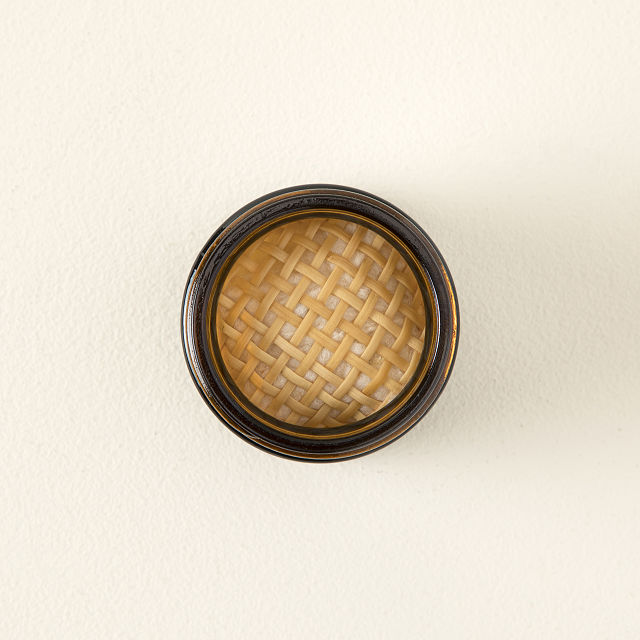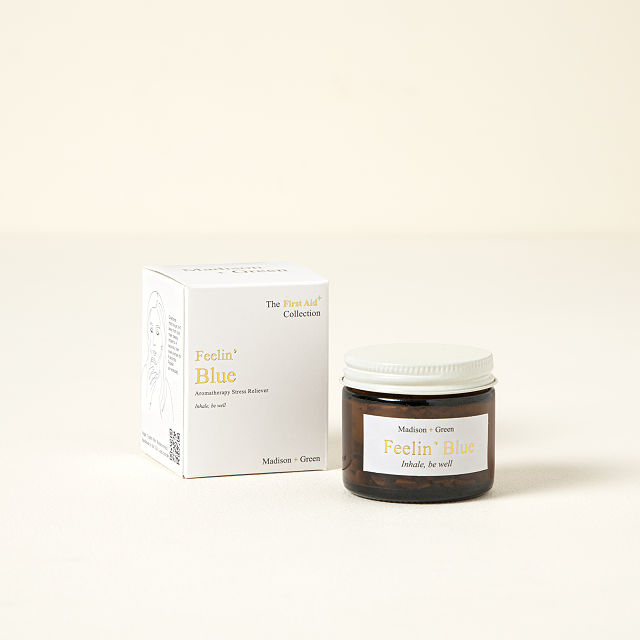

Natural scents that calm the mind offer a powerful pathway to stress relief through aromatherapy. The ancient practice of aromatherapy taps into the therapeutic properties of essential oils to promote relaxation and emotional well-being, offering a natural approach to managing stress. This article delves into the world of natural scents that calm the mind, exploring how aromatherapy can help you find inner peace and reduce feelings of anxiety. We’ll explore various essential oils and their therapeutic properties, providing a comprehensive guide to incorporating calming scents into your daily life, and creating a personalized stress-reducing sanctuary.
We’ll cover the science behind essential oils, common calming scents, how to use them effectively, and the creation of personalized aromatherapy routines. By the end, you’ll have a better understanding of how to use aromatherapy to manage stress and promote well-being.
The Science Behind Aromatherapy and its Effects
Understanding the Power of Scent
Aromatherapy harnesses the therapeutic properties of plant-derived essential oils. These highly concentrated essences contain volatile compounds that interact directly with the olfactory system. When inhaled, these compounds trigger responses in the limbic system, the brain region associated with emotions and memory. This complex interplay can profoundly impact mood, reducing stress and promoting relaxation.
The Limbic System Connection
Research shows that particular scents can activate neural pathways associated with relaxation and emotional well-being. For example, certain essential oils, like lavender, can stimulate the parasympathetic nervous system, triggering a calming response that lowers heart rate and blood pressure, consequently promoting relaxation and a sense of peace. This process occurs subconsciously and can have a very significant effect on emotional state.
Identifying Calming Scents and Their Benefits
Lavender: A Classic Calming Scent
Lavender is renowned for its calming properties. Its fragrance is often associated with tranquility and sleep. Studies have demonstrated that lavender essential oil can reduce anxiety and promote relaxation, making it a popular choice for aromatherapy practices aimed at stress reduction. Incorporating lavender in a diffuser, added to bath water, or used in a massage can be particularly effective.
Other Calming Scents
Other essential oils, like chamomile, sandalwood, and bergamot, are also known for their calming effects. Chamomile is often used to promote relaxation and reduce anxiety, while sandalwood is known for its grounding and comforting properties. Bergamot is noted for its uplifting and invigorating qualities, helping to lift the mood and reduce feelings of stress, though it can also be quite calming depending on the blend.
Incorporating Aromatherapy into Your Routine
Creating a Personalized Aromatherapy Experience
Aromatherapy is not a one-size-fits-all approach. To maximize its benefits, it’s essential to create a personalized experience tailored to your needs and preferences. Identifying your preferred calming scents is crucial. What smells calming to one person may not necessarily be the same for another, making personalization key to a successful experience.
Diffusers, Baths, and Topical Applications
There are several methods for incorporating essential oils into your daily life. Diffusers are a popular choice for releasing essential oils into the air, creating a calming atmosphere. Adding a few drops of essential oil to your bath can create a relaxing spa-like experience, while topical application (always diluted with a carrier oil) can offer targeted relief for specific areas of tension or discomfort.
Practical Aromatherapy Techniques
Creating a Calming Atmosphere
Creating a calming atmosphere is key to making aromatherapy work for you. Dim the lights, use soft music, and create a relaxing environment where you can fully immerse yourself in the experience. This helps to amplify the effect of the scents and facilitate a deeply relaxing environment.
Mindfulness and Intention
Combine your aromatherapy practice with mindfulness and intention. Take a few minutes each day to focus on your breath and the sensation of the scents, linking the scent with your intended emotional state. This mindfulness aspect significantly enhances the experience by creating mental and emotional connection.
The Importance of Safety in Aromatherapy
Essential Oil Safety Precautions
While aromatherapy generally is considered safe, caution is essential. Always dilute essential oils with a carrier oil before applying them directly to the skin to avoid potential skin irritation or allergic reactions. Always patch test any new essential oil blend on a small area of skin before applying it to a larger area.
Consult Professionals for Medical Conditions
If you have any underlying health conditions or are pregnant, breastfeeding, or taking medication, consult your doctor or a qualified aromatherapist before using essential oils. They can provide personalized advice and recommendations based on your specific needs and circumstances.
Further Exploring Aromatherapy
Finding Your Personal Blend
Creating a personalized blend of essential oils that work for you is key to maximizing the benefits of aromatherapy. Experiment with different combinations of oils to find the scents that evoke the most relaxed and comforting feelings. The world of essential oils is vast, and exploring the individual and combined effects of different essential oils is an exciting part of aromatherapy.
Incorporating Aromatherapy into Your Lifestyle
Integrating Aromatherapy into Everyday Activities
Aromatherapy can be seamlessly integrated into your daily routines. Diffuse calming scents while you work or study for a tranquil atmosphere, or enjoy an aromatherapy bath before bed for a peaceful sleep. Try creating a personalized aromatherapy routine that fits your lifestyle and helps you unwind.
The Deeper Effects of Aromatherapy
Promoting Emotional Well-being
Aromatherapy offers a holistic approach to well-being, helping you manage stress and promote emotional balance. Beyond the physical effects, it can cultivate a sense of calmness and inner peace, helping to reduce stress and anxiety.
How to Choose the Right Essential Oils
Quality and Purity
When selecting essential oils, prioritize quality and purity. Look for oils that are 100% pure, natural, and unadulterated. This ensures that you are experiencing the authentic therapeutic benefits of the essential oils. Pure, high-quality oils offer the most potent and effective results. Consider reputable brands known for their high-quality standards. Look for clear labeling that specifies the source and purity of the essential oil.
In conclusion, exploring natural scents for stress relief through aromatherapy can be a powerful tool for well-being. By understanding the science behind essential oils and incorporating them into your daily routine, you can create a personalized stress-reducing sanctuary. Remember to choose high-quality, natural essential oils, and always conduct a patch test before applying them directly to the skin. Explore the diverse world of aromatherapy further by researching different scents and their corresponding benefits, and consider integrating a calming routine into your life. Visit our website for a curated selection of essential oils and aromatherapy tools to elevate your well-being journey!